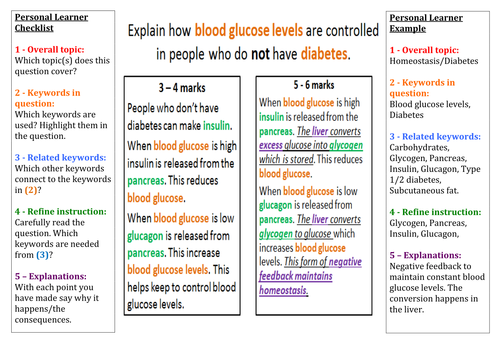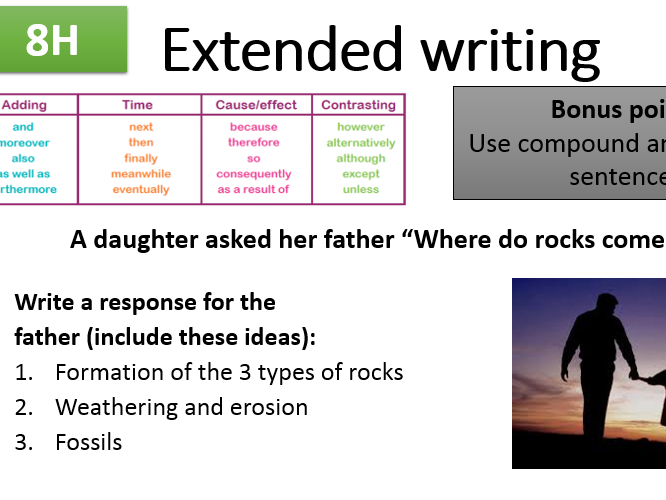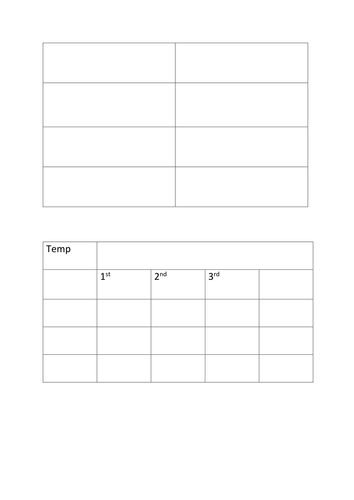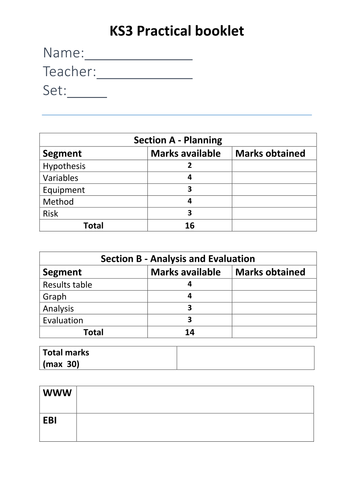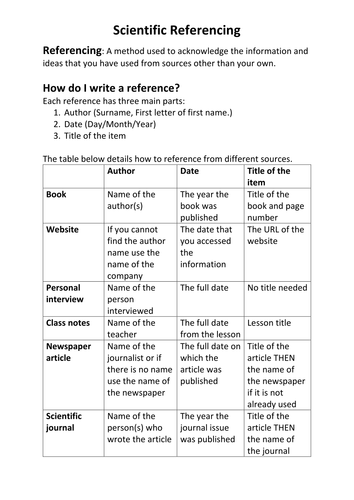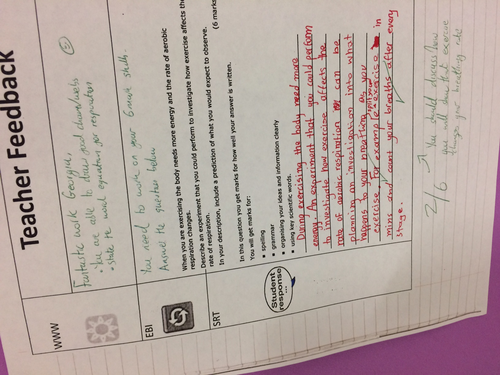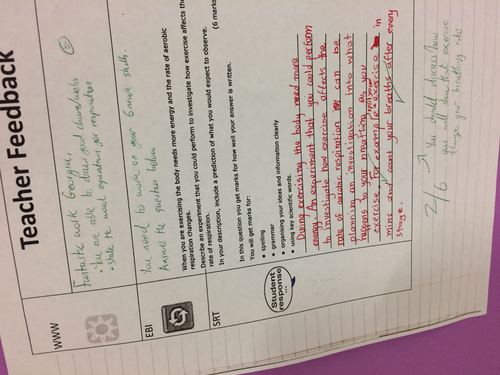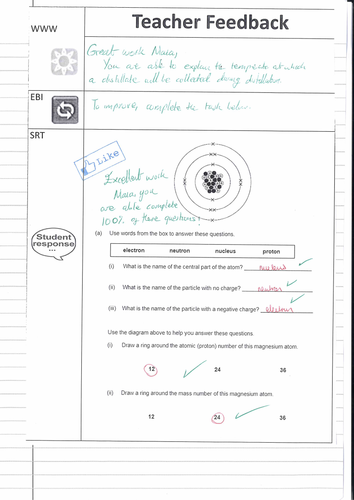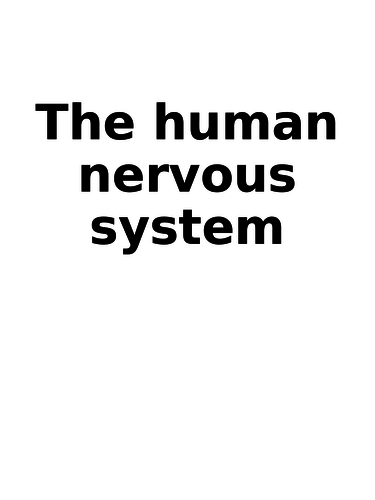243Uploads
112k+Views
55k+Downloads
All resources

J J Thomson & Plum Pudding Model
Learners will discover how JJ Thomson came up with his Plum Pudding Model and will also see how Millikan discovered the charge of the electron.

Rutherford & The Nuclear Model
In this lesson, learners discover how Rutherford and his students deduced the nuclear model from the alpha scattering experiement.

B1.2.1 Animal cells
Kerboodle Activate (1)
Chapter 1: Cells
The Kerboodle worksheet are not included so as to be acting within the TES code of conduct.
Keywords: Nucleus, Cell membrane, Cytoplasm, Mitochondria, Organelle

B1.2.1 Plant cells
Kerboodle Activate (1)
Chapter 1: Cells
The Kerboodle worksheet are not included so as to be acting within the TES code of conduct.
Keywords: Chloroplast, Cell wall, Chloroplasts, Photosynthesis

B1.5.2 Observing unicellular organisms
Kerboodle Activate (1)
Chapter 1: Cells
The Kerboodle worksheet are not included so as to be acting within the TES code of conduct.
Keywords: Unicellular, Amoeba, Euglena, Flagellum

C3.4 Covalent bonds
AQA GCSE Sciences (9-1)
Chemistry: C3 Structure and bonding
Lesson 4: C3.4 Covalent bonds
Based on the Kerboodle Resources
The AQA Kerboodle worksheet are not included so as to be acting within the TES code of conduct.

Guide to answering 6 mark questions in science
The resource models the difference between 5 and 6 mark answer.

KS3 Science Complete Extended Writing Task (Yr7-8)
Best used just before or after finishing a topic - an ideal activity for deep marking.
Each slide contains a set of connective and also prompt ideas.
Topics included:
* Adaptation, Neutralisation, Particle theory, Detecting sound, Puberty, Drugs and health, Fossil fuels.
* Respiration, Rock cycle, Payback-time, Digestion, Diffusion, Acidification of forests, Pollination, Earth and space

Recording Data (Introduction lesson 4/4) "Graphs and Tables"
Designed to be the fourth lessons for Year 7s (4/4).
Learning outcomes:
(*) Describe the three different types of data.
(*) Calculate means.
(*) Draw a suitable graph for given measurements.
Students recap the three types of variables and then learn the three types of data (Continuous, Discrete and Categoric).
They are then shown how to fill in a results table (where the dependent and independent variables go).
They learn how to calculate means and how to plot this data onto a graph.
The steps in drawing a graph are laid out in a step by step method (designed to be down together with the whole class).
They are also informed on when to use line or bar charts.

KS3 Chemistry controlled assessment Full Resources (Rates of Reaction)
This resources was modelled using the AQA KS4 ISA system.
This resource contains:
*the practical workbook - fully scaffold with hints and prompts.
*mark-scheme
*Technician sheet
*Lesson power-points (this should last a week ~4 lessons)
*This particular practical investigates effect of concentration on reaction rate

Scientific Referencing
This is probably most appropriate for A-Level and GCSE students but I have been pushing my top KS3 students to get used to this way of writing.
Shows how to reference: books, videos, websites etc..
Bundle

B8 Photosynthesis
Save £3 (50%)
Includes:
B8.1 Photosynthesis
B8.2 The rate of photosynthesis
B8.3 How plants use glucose
Please note: I had to remove the AQA worksheets so as to abide by TES’s code of conduct. Only my worksheets and PPT are included.
Bundle

B2 Cell division
Save £3 (50%)
Includes:
B2.1 Cell division
B2.3 Growth and differentiation
B2.3 Stem cells
Please note: I had to remove the AQA worksheets so as to abide by TES’s code of conduct. Only my worksheets and PPT are included.

Science 101 (Introduction lesson 1/4)
Designed to be the first lessons for Year 7s (1/4).
Learning outcomes: (*) State what an observation is. (*) Describe the difference between observation and inference. (*) Use data to formulate an inference about fossil distribution.
Also included are sentence types (Simple, Compound, Complex) with scientific examples to build literacy skills in later lessons.

NEW BTEC Tech Awards - Health and Social care - Student Planning Sheets - Component 1
A 10 paged document that covers the two learning aims of Component 1:
Learning aim, A: Understand human growth and development across life stages and the factors that affect it.
Learning aim, B: Investigate how individuals deal with life events.
The learning aims are structured into three parts:
Information gathering task: A series of small tasks that once completed provide a frame work of information for the main task. Each of these tasks has a modelled answer and hints when needed.
Main task: A task with a series of reminders that if answered with the aid of the assessment criteria should aim pupils towards a Distinction.
Assessment criteria: The assessment criteria and code for each learning aim presented in a student friendly format so that they can track their target grade and ensure that they are meeting the necessary criteria.

KS4 Chemistry 1 Marking and Feedback Exam questions with Answers (Formative assessment)
I’ve uploaded an image of the finished product.
This should be used ideally as a formative assessment before the summative assessment.
The teacher (using your school’s designated colour) writes a WWW and relates the EBI to one of the tasks.
The student completes the task using their designated feedback pen.
The teacher follows up and marks the work with comments on how to improve.
Since each unit has four different questions of various abilities, you can also differentiate.
This pack is for Chemistry 1 and included 4 question sheet for these units:
C1 Atomic structure
C2 The periodic table
C3 Structure and bonding
C4 Chemical calculations
C5 Chemical changes
C6 Electrolysis
C7 Energy changes

KS4 Biology 1 Marking and Feedback Exam questions with Answers (Formative assessment)
I’ve uploaded an image of the finished product.
This should be used ideally as a formative assessment before the summative assessment.
The teacher (using your school’s designated colour) writes a WWW and relates the EBI to one of the tasks.
The student completes the task using their designated feedback pen.
The teacher follows up and marks the work with comments on how to improve.
Since each unit has four different questions of various abilities, you can also differentiate.
This pack is for Biology 1 and included 4 question sheet for these units:
B1 Cell structure
B2 Cell division
B3 Digestion
B4 Organising plants and animals
B5 Communicable diseases
B6 Preventing and treating diseases
B7 Non-communicable diseases
B8 Photosynthesis
B9 Respiration

KS4 Physics 1 Marking and Feedback Exam questions with Answers (Formative assessment)
I’ve uploaded an image of the finished product.
This should be used ideally as a formative assessment before the summative assessment.
The teacher (using your school’s designated colour) writes a WWW and relates the EBI to one of the tasks.
The student completes the task using their designated feedback pen.
The teacher follows up and marks the work with comments on how to improve.
Since each unit has four different questions of various abilities, you can also differentiate.
This pack is for Physics 1 and included 4 question sheet for these units:
P1 Conservation and dissipation of energy
P2 Energy transfer by heating
P3 Energy resources
P4 Electric circuits
P5 Electricity in the home
P6 Molecules and matter
P7 Radioactivity

KS4 Physics 2 Marking and Feedback Exam questions with Answers (Formative assessment)
I’ve uploaded an image of the finished product.
This should be used ideally as a formative assessment before the summative assessment.
The teacher (using your school’s designated colour) writes a WWW and relates the EBI to one of the tasks.
The student completes the task using their designated feedback pen.
The teacher follows up and marks the work with comments on how to improve.
Since each unit has four different questions of various abilities, you can also differentiate.
P8 Forces in balance
P9 Motion
P10 Force and motion
P12 Wave properties
P13 Electromagnetic waves
P15 Electromagnetism

KS4 Biology 2 Marking and Feedback Exam questions with Answers (Formative assessment)
I’ve uploaded an image of the finished product.
This should be used ideally as a formative assessment before the summative assessment.
The teacher (using your school’s designated colour) writes a WWW and relates the EBI to one of the tasks.
The student completes the task using their designated feedback pen.
The teacher follows up and marks the work with comments on how to improve.
Since each unit has four different questions of various abilities, you can also differentiate.
This pack is for Biology 2 and included 4 question sheet for these units:
B10 The Human nervous system
B11 Hormonal coordination
B13 Reproduction
B14 Variation and evolution
B15 Genetics and evolution
B16 Adaptations, interdependence and competition
B17 Organising an ecosystem
B18 Biodiversity and ecosystems







